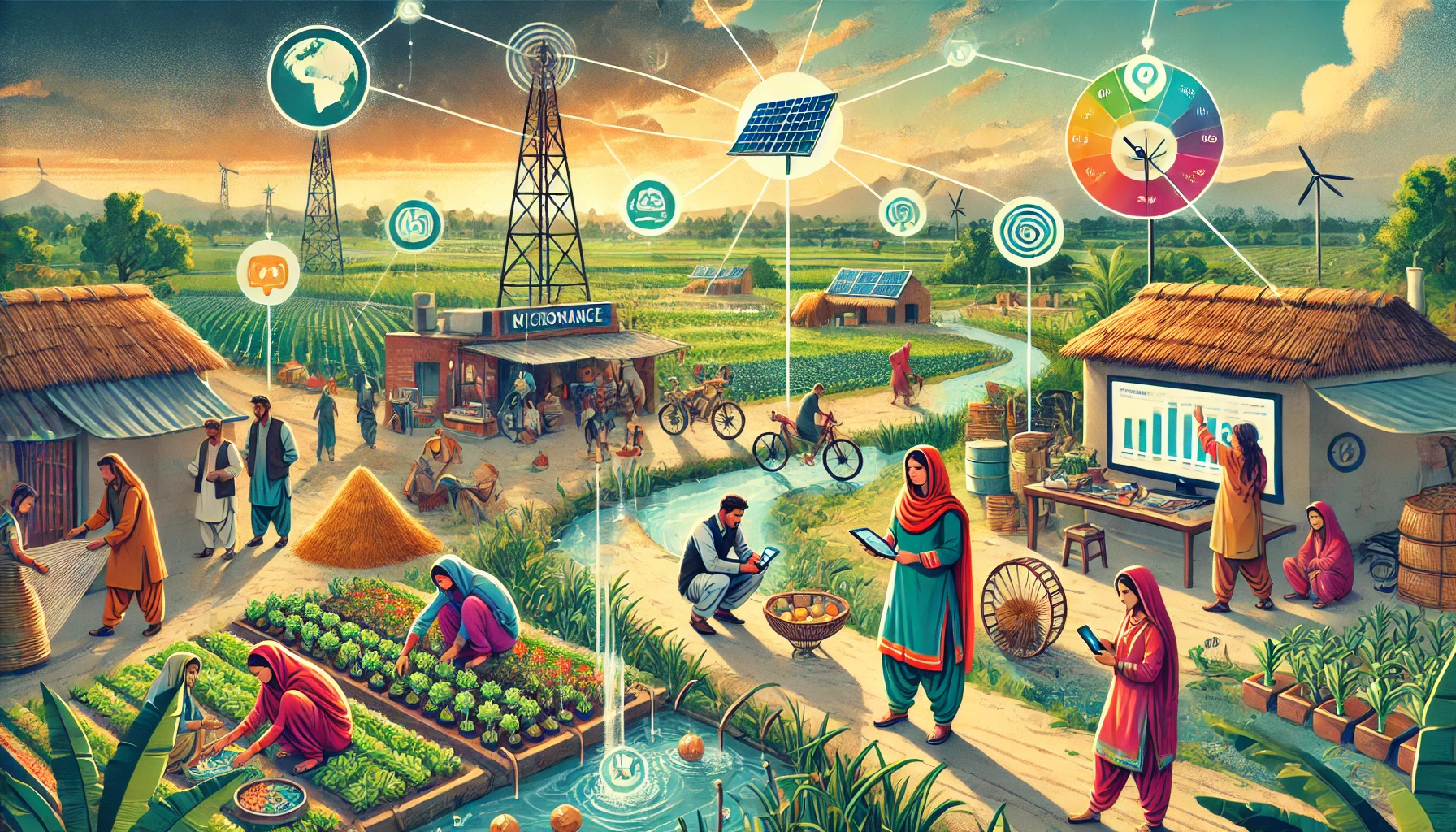Pakistan Unveils Gender Pay Gap Report and Action Plan to Promote Equal Pay
“Pakistan is committed to ensuring equal pay for work of equal value,” said Nadeem Aslam Chaudhry, Federal Secretary, MOPHRD.

- Country:
- India
In a major step toward achieving gender equality in the world of work, Pakistan has launched its first comprehensive Gender Pay Gap Report alongside a National Action Plan to address wage disparities between men and women. The launch event, held in collaboration between the Ministry of Overseas Pakistanis and Human Resource Development (MOPHRD) and the International Labour Organization (ILO), gathered policymakers, labour leaders, academics, employers, and technical experts to forge consensus on actionable solutions for bridging the gender pay divide.
The workshop marked a decisive shift from research to reform, underscoring Pakistan’s commitment to aligning with international labour standards—particularly ILO Convention No. 100 on Equal Remuneration (1951) and Convention No. 111 on Discrimination (1958)—both of which the country has ratified.
“Pakistan is committed to ensuring equal pay for work of equal value,” said Nadeem Aslam Chaudhry, Federal Secretary, MOPHRD. “This report and action plan mark a critical step towards unpacking the barriers that hold women back in the economy.”
Key Findings: Persistent Gaps in Wages and Opportunities
The Gender Pay Gap Report highlights a sobering reality: women in Pakistan earn 25–30% less than men in formal wage employment, depending on the wage measurement used. The disparity widens to around 40% in the informal economy, where enforcement of labour laws is weak and legal protections are often non-existent.
The report identifies several drivers behind the gap:
-
Occupational segregation, with women concentrated in low-paying sectors like domestic work, agriculture, and garment manufacturing
-
Discriminatory practices in hiring, promotion, and wage-setting
-
Informal employment, which denies women access to social protections and legal recourse
-
The "sticky floor" effect, trapping women in low-wage, low-mobility roles
Crucially, a large portion of the wage gap remains unexplained by education, skills, or experience, pointing to systemic and cultural biases embedded in Pakistan’s labour market institutions.
From Diagnosis to Action: A Coordinated National Response
Participants at the workshop jointly developed a National Action Plan aimed at short, medium, and long-term strategies to eliminate wage disparities and promote fairer, more inclusive labour markets. Key recommendations include:
-
Strengthening wage-setting mechanisms and aligning them with ILO conventions
-
Recognizing and valuing women’s contributions in care sectors, often undervalued or unpaid
-
Enhancing vocational training, skill certification, and career progression pathways for women
-
Promoting social dialogue through empowered tripartite platforms
-
Formalizing women-led supply chains and informal economic activities
-
Introducing flexible and family-friendly work arrangements to accommodate care responsibilities
“This workshop marks a pivotal step forward—from diagnosing the causes of the gender pay gap to developing a national action plan grounded in practical, scalable solutions,” said Geir Tonstol, ILO Country Director for Pakistan.
Building a Culture of Equity: Global Best Practices and Local Adaptation
Emanuela Pozzan, ILO Senior Specialist in Gender Equality, shared global best practices and highlighted the support available through the Equal Pay International Coalition (EPIC). She emphasized the importance of combining legal reform with capacity-building, wage transparency, and leadership training to transform workplace cultures.
Xavier Estupinan, Wage Specialist at ILO’s Regional Office for Asia and the Pacific, spotlighted the "sticky floor" phenomenon, stating:
“Women are stuck in low-paid, low-mobility jobs, particularly in the informal economy. Addressing this requires adequate wage-setting mechanisms and meaningful social dialogue. Supporting women’s transition to formal work is essential to reducing wage gaps.”
Inclusive Growth Through Equal Pay
The ILO estimates that closing the gender pay gap could significantly boost Pakistan’s GDP, as it would enhance women’s labour force participation, raise household incomes, and stimulate broader economic activity. Despite some progress—narrowing the wage gap from 33% in 2018—Pakistan still trails behind regional peers in gender equality at work.
The workshop drew participation from a wide cross-section of stakeholders, including:
-
Government officials from labour, planning, and gender ministries
-
Workers’ and employers’ organizations
-
Minimum wage boards and labour inspectors
-
Academia, research institutions, and the national statistical office
Their collaboration laid the groundwork for an inclusive reform agenda, emphasizing shared responsibility among the public and private sectors.
A Path Forward: Implementation and Monitoring
The success of the National Action Plan will hinge on institutional coordination, effective monitoring mechanisms, and continued political will. The ILO reaffirmed its commitment to supporting Pakistan through technical assistance, data systems strengthening, and international cooperation.
“We now have the evidence, the commitment, and the partnerships to move from promise to practice,” said Tonstol. “The ILO stands ready to support Pakistan in creating real opportunities for women across all sectors.”
As Pakistan embarks on this critical journey to achieve pay equity, the launch of the Gender Pay Gap Report and Action Plan marks a powerful step toward social justice, economic resilience, and gender-inclusive development.
- READ MORE ON:
- gathered policymakers
- labour leaders
- academics
- employers
- Federal Secretary
- agriculture
- which denies women access to social protections and legal recourse * The **"sticky floor" effect**
- trapping women in low-wage
- skills
- skill certification**
- wage transparency
- spotlighted the **"sticky floor" phenomenon**
- low-mobility jobs
- economic resilience
- Pakistan
- ILO
- wage equity
- women’s employment
- decent work
- equal pay









